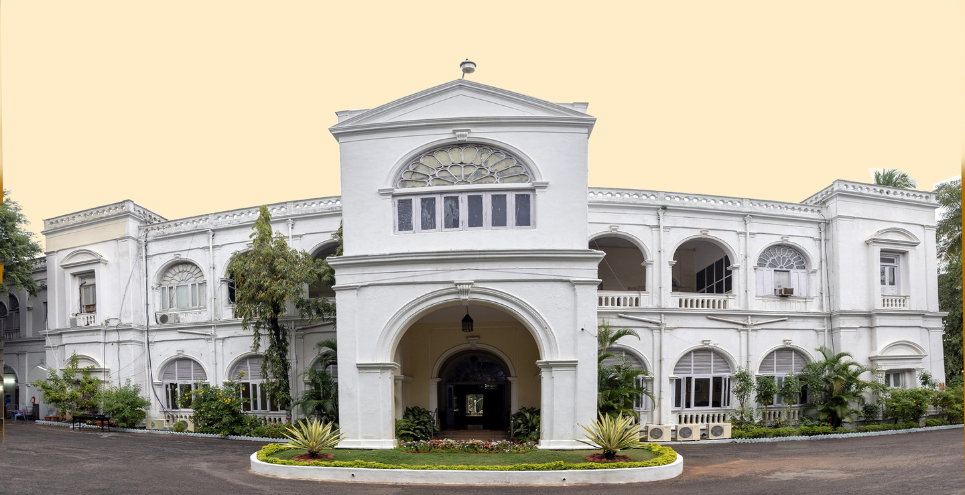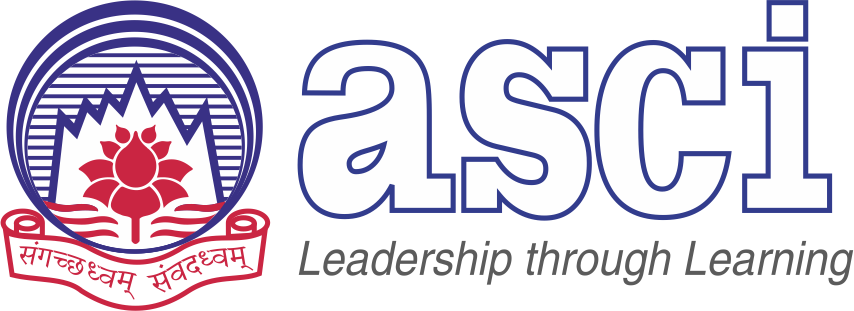Effective Financial Management in Government and Public Sector Enterprises – Programme Overview
Effective financial management is the cornerstone of government and public sector enterprises, ensuring efficient resource allocation, transparency, and fiscal responsibility. This five-day intensive programme is designed for top and mid-level executives in government departments and public enterprises, equipping them with critical financial management skills to navigate sector-specific challenges.
Through case studies, interactive discussions, and hands-on exercises, participants will gain practical tools to enhance budgeting, fiscal planning, and resource allocation. The curriculum covers financial governance, regulatory compliance, performance evaluation, and risk mitigation strategies—enabling informed decision-making, financial sustainability, and improved public sector efficiency.
By the end of the programme, participants will be well-equipped to strengthen financial accountability, optimise public funds, and implement structured financial strategies within their organisations.
OBJECTIVES
- Develop insights into financial management principles tailored to public sector needs.
- Learn to design and implement financial plans and budgets aligned with government objectives.
- Enhance skills in managing public funds with transparency and accountability.
- Acquire expertise in public enterprise performance management, cost control, and investment handling.
- Understand governance frameworks, regulatory compliance, and ethical considerations in public financial management.
CONTENT
Day 1: Foundations of Public Financial Management
• Government budgeting and fiscal planning.
• Revenue management strategies in public sector organisations.
• Cost control mechanisms to enhance financial efficiency.
Day 2: Regulatory Compliance and Performance Evaluation
• Statutory financial guidelines and compliance.
• Performance evaluation frameworks and financial reporting standards.
• Governance structures for accountability.
Day 3: Capital Investment and Risk Management
• Capital investment strategies and infrastructure financing models.
• Risk identification and mitigation in government enterprises.
• Best practices in financial risk management for public projects.
Day 4: Sustainable Financial Models and Accountability
• Strategies for financial transparency and accountability.
• Sustainable financial management models.
• Case studies illustrating best practices in public sector finance.
Day 5: Practical Application and Strategic Implementation
• Hands-on workshop to develop actionable financial management strategies.
• Interactive session on risk mitigation, governance, and long-term financial sustainability.
• Alignment with Karmayogi's competency framework in financial management.
METHODOLOGY
The programme employs an interactive and experiential learning approach, integrating classroom sessions, case-based discussions, practical exercises, and hands-on workshops. Participants will engage in experiential learning for real-world application.
FACULTY
The programme will be led by Ms. Sridevi Tummarakoti, an expert with over two decades of experience in teaching, corporate training, research, banking, and administration. Renowned practitioners and industry leaders will also contribute, providing valuable real-world insights.
PARTICIPANT PROFILE
This programme is tailored for officers from Central and State Government departments, public sector enterprises, non-profit organisations, and project
staff engaged in financial management, budgeting, infrastructure financing, and policy implementation. It is ideal for professionals responsible for fiscal
planning, revenue management, cost control, compliance, and governance in government projects. Mid-to-senior-level officials seeking to enhance financial
decision-making skills and improve public sector financial efficiency will find this programme particularly beneficial.
Organisational sponsorship is essential for participation.
VENUE
The programme is fully residential, and participants will be accommodated in air-conditioned single occupancy rooms. The college does not provide accommodation for family members. The ASCI campus is fully Wi-Fi enabled.
DURATION
The programme duration is 5 days, from January 05–09, 2026. Participants are expected to arrive a day before commencement and may leave after the conclusion of the programme.
PROGRAMME FEE
Residential Fee: ₹69,500 per participant (US $1086 for foreign participants) plus GST as applicable (presently 18%).
The fee covers tuition, board and lodging, courseware (in electronic form), and other facilities of the College including internet usage.
Non-Residential Fee: ₹59,500 per participant plus GST as applicable (presently 18%).
The fee covers tuition, courseware (in electronic form), working lunch, and other facilities of the College including internet usage.
Discount: 10% discount on the programme fee for three or more participants from the same organisation, provided payment is credited before January 02, 2026.
MEDICAL INSURANCE
The nominees are requested to carry proof of medical insurance. The sponsoring agency is required to endorse the nominees' medical coverage in the event of hospitalization.
LAST DATE FOR NOMINATION
Please use the prescribed nomination form. Last date for receiving nominations is December 29, 2025. Kindly contact the Programmes Officer for further details.
LAST DATE FOR WITHDRAWAL
January 01, 2026. Any withdrawals after this date will entail forfeiture of the programme fee, if paid.
ASCI ALUMNI ASSOCIATION
Participants of ASCI programmes automatically become members of the ASCI Alumni Association.
CERTIFICATE OF PARTICIPATION
A Certificate of Participation will be issued upon successful completion of the programme.
PROGRAMME DIRECTOR
Ms. Sridevi Tummarakoti
Email: [email protected]

